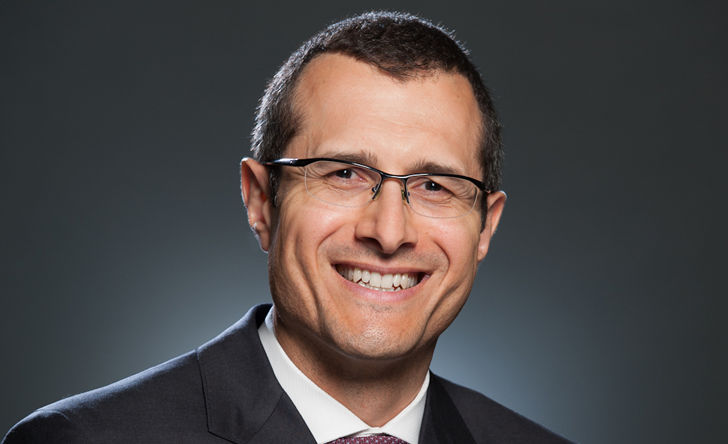Manulife Investments is taking a different approach when crafting its roadshow messages these days. Where the presentations were once focused on products and performance, today the product manufacturer says business advice for advisors takes precedence, often instead resulting in conversations about regulation, the economy, client needs and different advisory business models.
Bernard Letendre, Manulife’s head of wealth and asset management for Canada says the shift, made intentionally, began about three years ago with a small group within the organization. “We started realizing that just getting in front of advisors and talking about performance, product performance, was not going to cut it. We needed to bring more value than that,” he says. “Then it started spreading as more and more people within the organization started seeing the merit of an approach like that.”
He says the result has been a cultural shift within the organization.
“I literally never talk about products. The message is really about those things that are going to impact advisors and their customers,” he adds.
Value of advice
He says Manulife research shows that investors need help from their advisors to achieve their financial goals and to help them have confidence in the financial decisions they’ve made. They want specific advice and solutions to meet their individual needs and they want advice, products and account information that is easy to understand. “We know these are things that are important to customers. Our job is to help advisors be successful in this environment so these are the kinds of things that we actually focus on with our advisors.”
“We have a very, very strong, vested interest in a strong advisor community. It’s a model we really believe in. (We) believe that advisors do good and that they provide a lot of value and we believe that we can help them be successful.”
In talking about the value of advice, Letendre points to research that shows households which do have a financial advisor do significantly better than those households who carry on without an advisor’s help. According to a Cirano study, entitled The Gamma Factor and the Value of Financial Advice, researchers say “the discipline imposed by a financial advisor on households’ financial behavior and increased savings of advised households are key to improving asset values of households relative to comparable households without an advisor.”
It found, in 2010, that long-tenured advised households – those who’ve engaged the services of a financial advisor for at least 15 years – had 2.73 times more financial assets than their comparable counterparts who had not retained an advisor’s services. An updated survey, completed in 2014, found this number was even higher: those with an advisor for 15 years or more had 3.9 times the value of assets compared to equivalent, non-advised households.
“We know the value that advisors bring to customers,” Letendre says. “What advisors do for customers is important. In Canada, we are better off, and consumers are better off because their advisors are giving people good financial advice and good savings habits. People who have an advisor save more money. They get better savings habits earlier. They stay invested when the markets are choppy and they get the benefits of tax planning and estate planning. All of that is over and above the returns you get on your portfolio.”
Radical honesty
To help advisors properly serve clients, however, Letendre says the company makes a point of talking about major undercurrents that are changing the industry. “We’re really spreading the word that advisors need to take notice of how the world is changing,” he says. “I call it radical honesty. It’s very different from getting on stage and talking about the products we have.”
Of late, he says technology, the economic environment and the changing regulatory environment are all themes he will talk about on the road show circuit, in lieu of the usual discussion about product features and performance.
“If you put these various trends together, a lower economic growth environment, the impact that technology’s having on service models and margins, and the impact regulation is having, we’re moving into a world where (it’s necessary to) be efficient and be clear about where you add value and where you want to spend your time and energy. All of these things, when they come together, I think they’re going to change the business model for advisors and for companies like ours,” he says.
A very concrete change
“The kind of conversations that our wholesalers are having with advisors today and the kinds of messages that advisors hear when we take the podium, all of those messages and conversations are quite different, I believe, from what they were just a few years ago. That, to me is a very concrete change that we’ve made over the past few years.”







